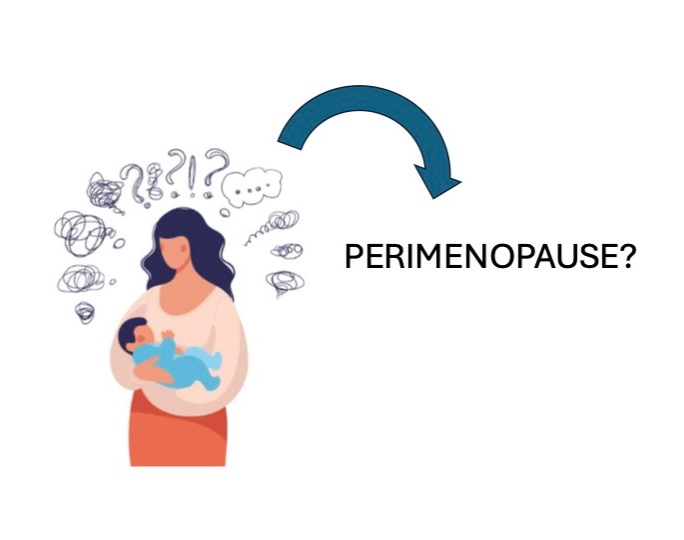In recent decades, more women are choosing to have children in their late 30s and early 40s—a trend that reflects greater reproductive autonomy and advances in fertility care. However, this timing can create a unique overlap between the postpartum period and the onset of perimenopause, two hormonally intense phases that share many symptoms. From mood swings and fatigue to night sweats and low libido, the physical and emotional toll of these transitions can be confusing and overwhelming. Understanding how these phases intersect is key to managing health proactively and compassionately.
The postpartum period, often referred to as the “fourth trimester,” begins immediately after childbirth and is marked by a sharp drop in estrogen and progesterone. These hormonal shifts can trigger mood changes, sleep disturbances, and physical symptoms like hair loss and acne. While most women expect to feel better within a few months, some find that symptoms persist or evolve—especially if they are breastfeeding or nearing their 40s. In these cases, what may seem like lingering postpartum effects could actually signal the beginning of perimenopause, a phase that typically starts in the early-to-mid 40s but can begin earlier.
Perimenopause is a gradual transition toward menopause, characterized by fluctuating hormone levels, irregular menstrual cycles, and a host of symptoms including brain fog, anxiety, and vaginal dryness. Unlike the postpartum period, which eventually resolves as hormone levels stabilize, perimenopause can last for several years and may require ongoing management. For women who have recently given birth and are entering this phase, the hormonal “collision” can feel especially intense. It’s not uncommon to experience overlapping symptoms that blur the lines between postpartum recovery and midlife hormonal decline.
Navigating this dual transition requires a personalized approach. Comprehensive hormone testing, mental health support, and lifestyle interventions—such as strength training, balanced nutrition, and mindfulness—can help women feel more in control. Most importantly, women should feel empowered to seek care and ask questions. If symptoms persist beyond the expected postpartum window, it’s worth exploring whether perimenopause may be contributing. With the right support, women can move through this phase with clarity and confidence.
References

